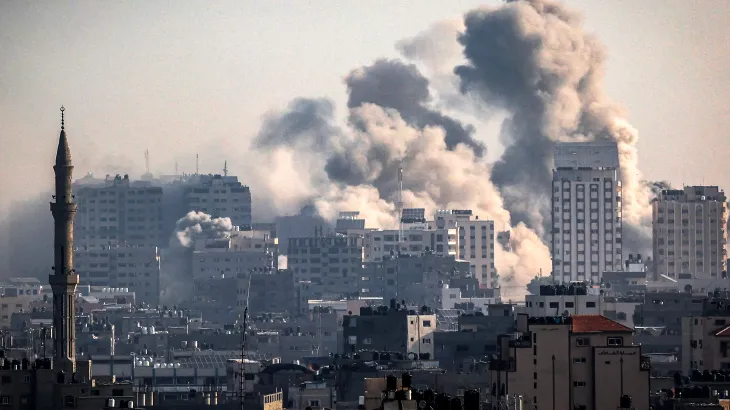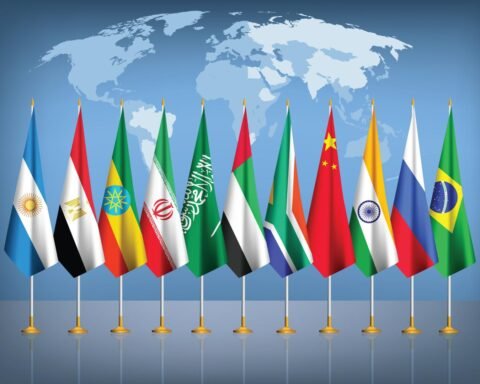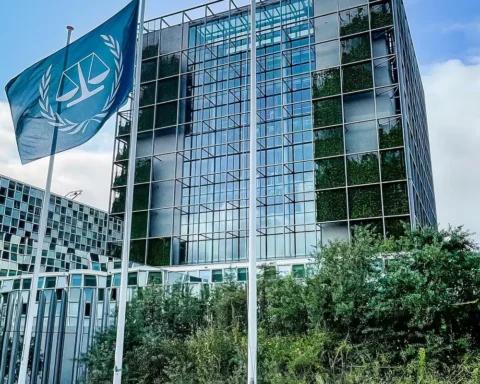Israel launched a series of airstrikes on Gaza overnight, marking one of the most intense military operations since the ceasefire agreement in January.
The attacks, aimed at Hamas targets, have resulted in significant casualties and heightened fears of a wider conflict in the region.
Heavy Casualties and Widespread Destruction
Residents of Gaza were jolted awake by the sound of explosions as Israeli warplanes carried out strikes on multiple locations. According to local health officials, more than 200 people have been killed, including many women and children. Hospitals are struggling to cope with the overwhelming number of wounded, while emergency crews work tirelessly to pull survivors from the rubble.
The humanitarian situation is deteriorating rapidly, with shortages of medical supplies, food, and electricity. Aid groups warn that without immediate intervention, the crisis could spiral out of control.
Israel’s Justification and U.S. Involvement
Israeli officials have defended the strikes, stating that the operation was a response to Hamas’s refusal to release hostages and ongoing security threats. Prime Minister Benjamin Netanyahu declared that military actions would continue until Israel’s security concerns were fully addressed. He also warned that a ground invasion remains a possibility if necessary.
Reports indicate that Israeli leaders consulted with the Trump administration and the White House before initiating the attack. While the U.S. has reaffirmed its support for Israel’s right to self-defense, officials have also urged caution to prevent further escalation.
Also Read; Prateek Suri Pledges Billions to
Africa’s Development
Hamas has condemned the airstrikes, accusing Israel of violating the ceasefire and endangering hostages. A spokesperson for the group warned that retaliation would follow, further fueling concerns of a prolonged conflict.
Global Concerns and Calls for Restraint
The renewed violence has drawn international condemnation, with calls for an immediate de-escalation. Neighboring countries and global leaders are urging both sides to return to diplomatic talks to prevent further bloodshed. Humanitarian organizations have stressed the need for emergency aid, warning that civilians are bearing the brunt of the crisis.
With the situation unfolding rapidly, the world is watching closely. Whether diplomatic efforts can restore calm or if the region is headed toward another devastating cycle of violence remains uncertain.







